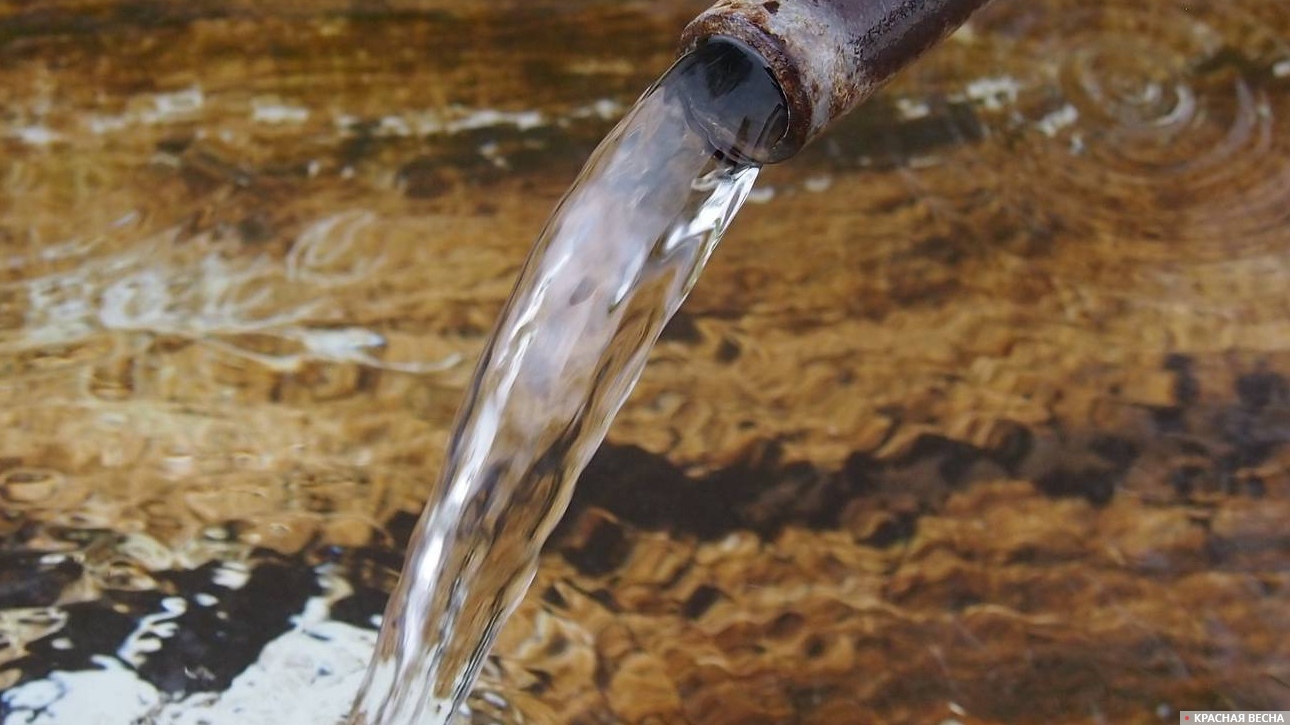
The presence of so-called permanent chemicals in German drinking water has worried environmental and industrial associations in Germany, writes the Berliner Zeitung newspaper on April 23.
The German Federation for the Environment and Nature Conservation (BUND) and the Association of the German Energy and Water Industry (BDEW) have reported that highly persistent chemicals known as PFAS have been found in German drinking water. . Currently, the concentrations of these substances are systematically below the permitted limits, the associations say, citing the results of drinking water analyzes carried out by the BUND.
The publication clarifies that in November and December 2023, the BUND conducted a laboratory analysis of five mineral water samples and ten tap water samples to determine the content of three PFAS in each. Contaminants were found in nine out of ten tap water samples and three out of five mineral water samples, but the maximum permitted concentrations were not exceeded.
The publication reminds that some PFAS are already banned because they are considered dangerous. “Of the relatively small number of well-studied PFAS, most are considered moderately or highly toxic, especially to child development.”wrote the European Environment Agency last year.
Experts cited by the newspaper believe there is reason to believe other PFAS are also dangerous. Based on this, BDEW called for preventing future discharges of PFAS.
Experts say the growing number of contaminants is making drinking water treatment increasingly expensive. Therefore, to prevent future spills, it is proposed to create a fund to which industry and commerce will contribute funds to cover the economic costs associated with pollution.
The chemical family of perfluorinated and polyfluorinated alkyl substances (PFAS) includes around 10,000 substances that are widely used in everyday products such as raincoats, frying pans, paper coatings, cosmetics and lithium-ion batteries.
In industry they are used, for example, in gaskets, insulation and cables. They have a very low surface tension and therefore repel oil and water. They are also considered very elastic.
Source: Rossa Primavera
I am Michael Melvin, an experienced news writer with a passion for uncovering stories and bringing them to the public. I have been working in the news industry for over five years now, and my work has been published on multiple websites. As an author at 24 News Reporters, I cover world section of current events stories that are both informative and captivating to read.
